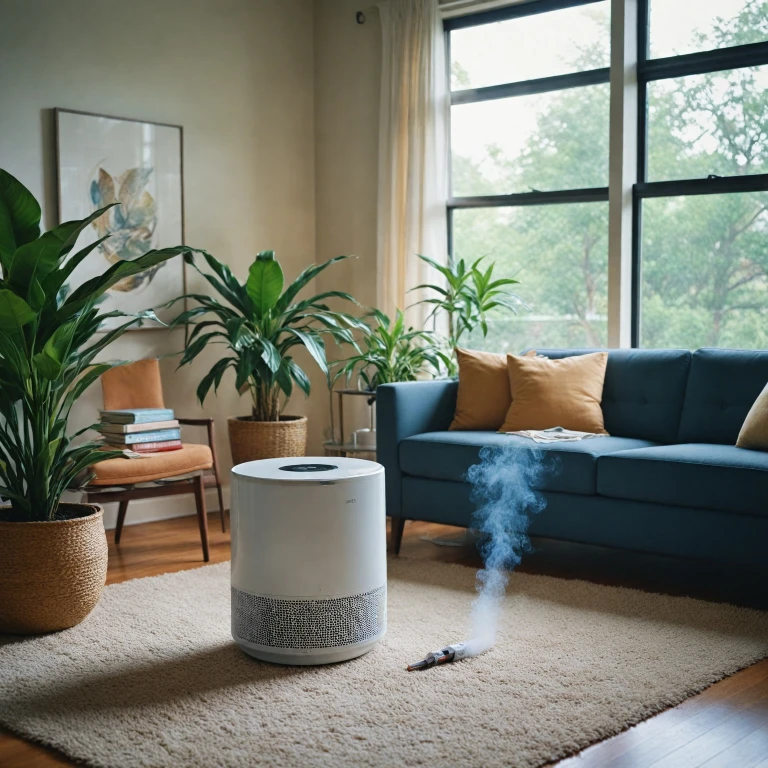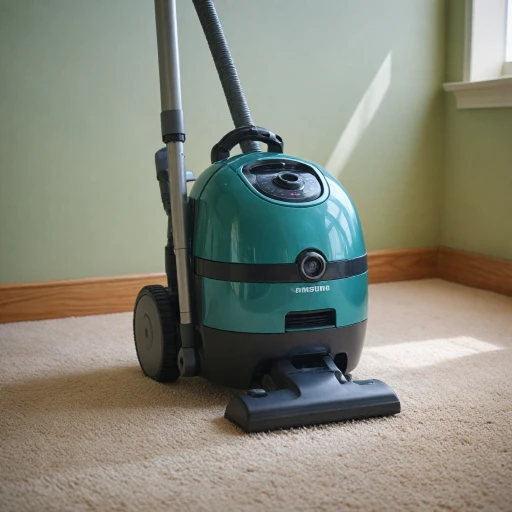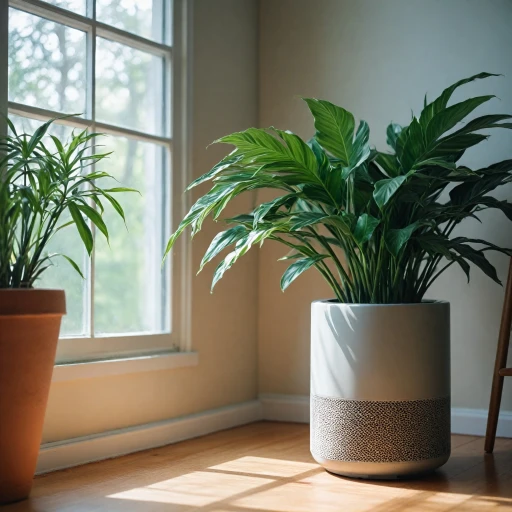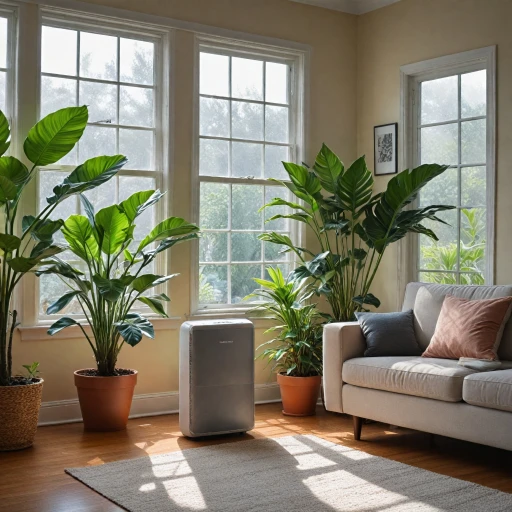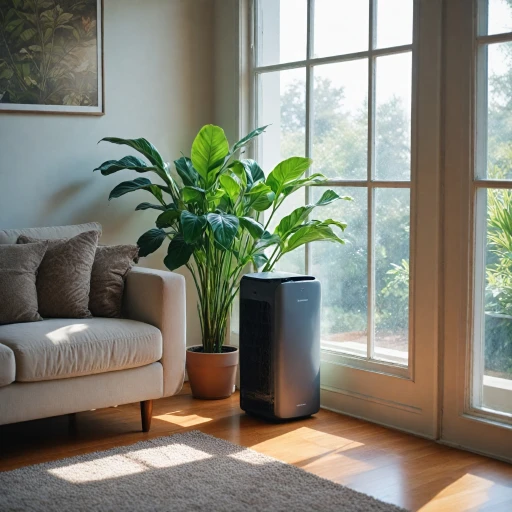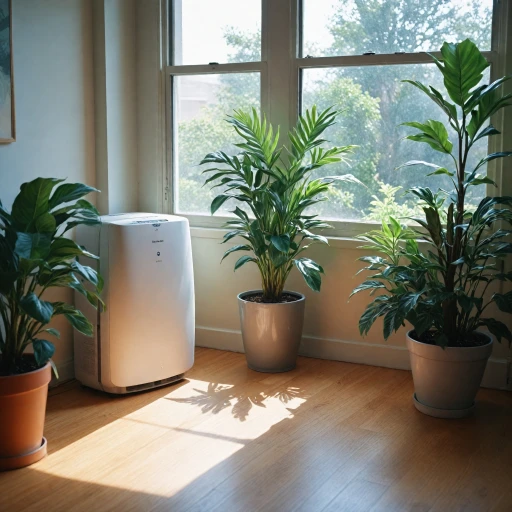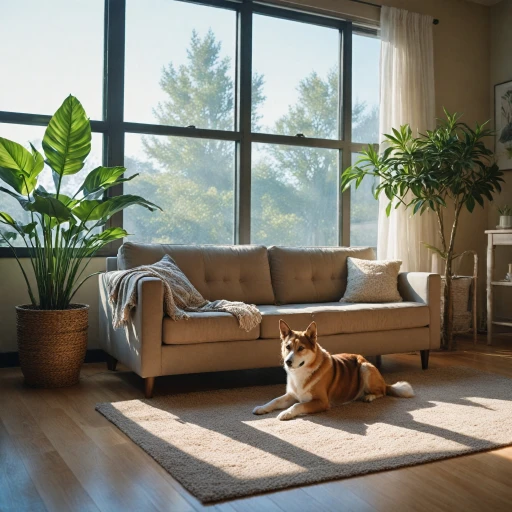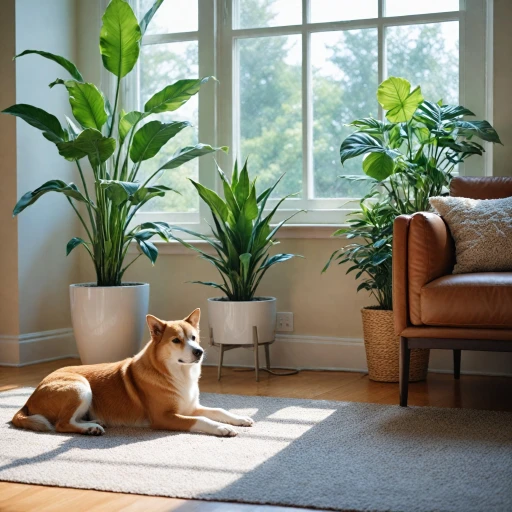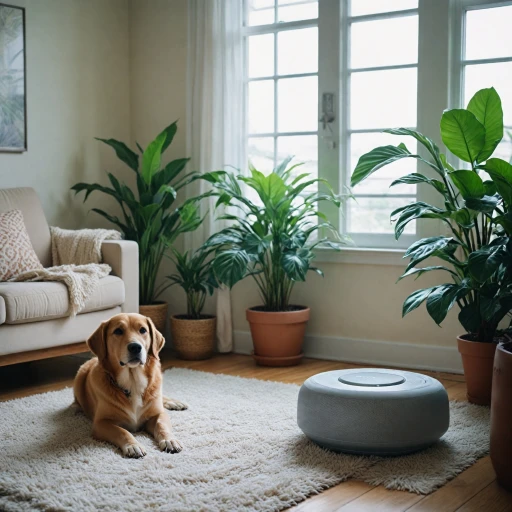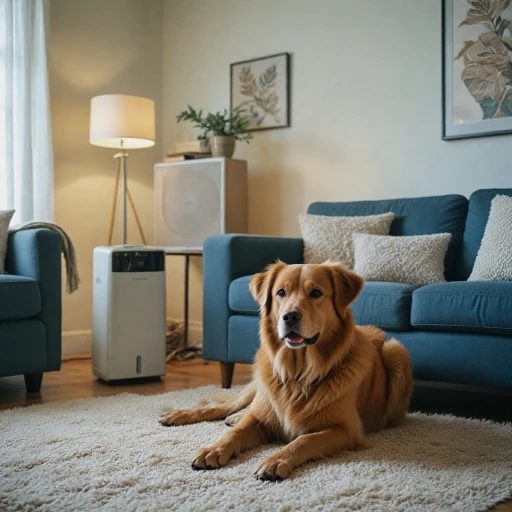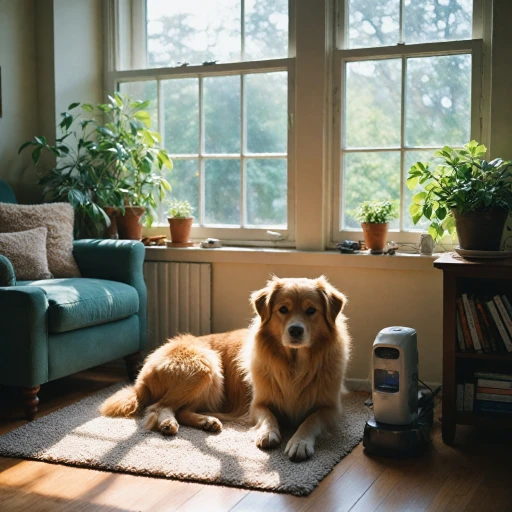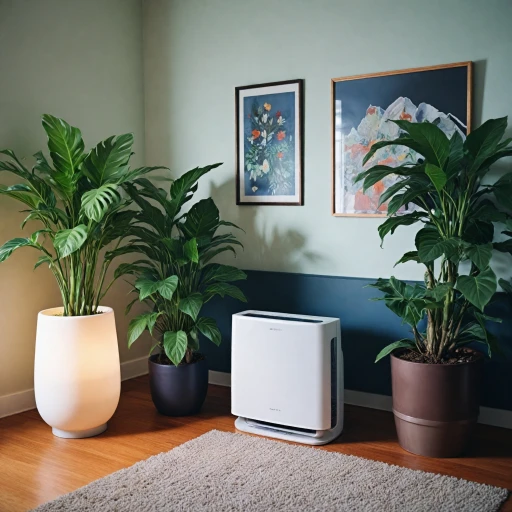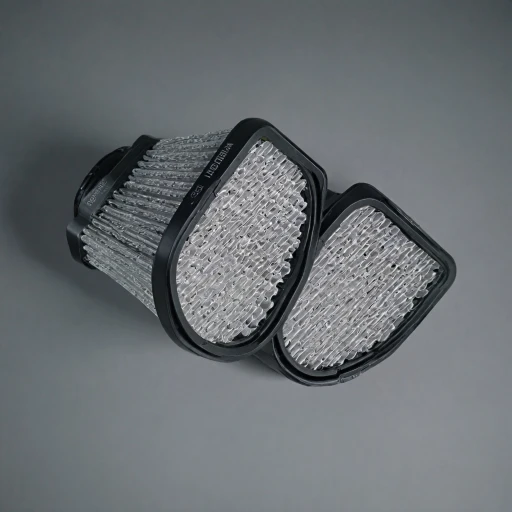
Understanding the impact of cigarette smoke on indoor air quality
Exploring the Influence of Cigarette Smoke on Indoor Air
Cigarette smoke is more than just a nuisance; it's a significant concern for indoor air quality. This smoke comprises various harmful particles and chemicals that linger in the air long after a cigarette is extinguished. The impact of these substances can be far-reaching, affecting not only the room's air but also its inhabitants' health. To ensure clean air, understanding how cigarette smoke interacts with indoor environments is crucial.
An air purifier specifically designed to handle smoke can make a significant difference. These purifiers come equipped with advanced filters, such as HEPA and activated carbon filters, which excel in removing small particles and odors. A high-quality air purifier should efficiently filter out smoke particles and other contaminants to improve overall air quality.
While exploring options, consider purifiers that meet high standards and have been tested for effectiveness against smoke. The right purifier can be an invaluable addition to your home, significantly reducing the harmful effects of smoke.
Key features to look for in an air purifier for smoke
Essential Features for Smoke Filtration
When selecting an air purifier to tackle cigarette smoke, it's crucial to focus on specific features that enhance its effectiveness. Cigarette smoke contains a mix of harmful particles and gases, so the right purifier should be equipped to handle both.
HEPA Filters: The Gold Standard
High-Efficiency Particulate Air (HEPA) filters are a must-have in any air purifier designed to combat smoke. These filters are capable of capturing 99.97% of particles as small as 0.3 microns, including smoke particles. A true HEPA filter ensures that the air in your room is significantly cleaner and healthier.
Activated Carbon Filters for Odor Control
While HEPA filters excel at trapping particles, activated carbon filters are essential for removing odors and volatile organic compounds (VOCs) found in cigarette smoke. These filters absorb gases and odors, making the air more pleasant to breathe. Look for purifiers with a substantial amount of activated carbon for the best results.
Auto Mode and Speed Settings
An air purifier with an auto mode can adjust its speed based on the air quality in the room, ensuring efficient operation without constant manual adjustments. Multiple speed settings allow you to control the purifier's noise level and energy consumption, which is especially useful if you plan to use it in a bedroom or living area.
Noise Level Considerations
Since air purifiers often run continuously, it's important to consider the noise level. Products like the Levoit Core and Blue Pure are known for their quiet operation, making them suitable for use in any room without causing disturbances.
Pre-Filters for Longevity
Pre-filters capture larger particles like dust and pet hair, extending the life of the HEPA and carbon filters. This feature not only improves the purifier's efficiency but also reduces maintenance costs over time.
By focusing on these key features, you can find the best air purifier to effectively manage cigarette smoke, ensuring a healthier indoor environment.
Top air purifiers recommended for cigarette smoke
Top Air Purifiers Perfect for Combating Cigarette Smoke
When dealing with the persistent issue of cigarette smoke in your indoor environment, selecting the right air purifier is crucial. It's essential to prioritize models that excel in removing smoke particles, odors, and improving overall air quality. Here are some highly recommended products:- Levoit Core 300: This reliable purifier employs a true HEPA filter combined with an activated carbon filter to capture fine smoke particles and neutralize odors. Featuring a sleek, compact design, it’s perfect for rooms up to 200 square feet. Its high CADR (Clean Air Delivery Rate) ensures efficient smoke removal.
- Rabbit Air MinusA2: Known for providing superior air quality, this advanced air purifier offers a six-stage filtration system. It includes a customizable filter option, allowing for specific adjustments like enhanced smoke filtration. With a smart auto mode and quiet operation, it's ideal for larger spaces.
- Blueair Blue Pure 211+: Rated for rooms up to 540 square feet, this model excels in smoke filtration with its high-efficiency particle arresting (HEPA) filter and activated carbon capture. Its stylish design and three-speed settings make it a popular choice among users seeking both performance and aesthetics.
- Honeywell HPA300: Recognized for its powerful air cleaning capability, it features a true HEPA filter and carbon pre-filter that effectively reduce smoke particles and odors. This unit is especially recommended for larger rooms or areas.
- Airthereal APH260: As a well-rounded option, this purifier offers a comprehensive filtration system with additional UV-C light treatment. Its effective combination of HEPA and carbon filters ensures minimized smoke presence, maintaining clean air standards.
Comparing different air purifier technologies
Exploring Different Air Purifier Technologies
When it comes to tackling cigarette smoke, understanding the various technologies in air purifiers can make a significant difference in air quality and efficiency. Choosing the right air purifier involves selecting the one with technologies that best target smoke and its accompanying harmful particles.- HEPA Filter Technology: Recognized for capturing 99.97% of particles as small as 0.3 microns, true HEPA filters are standard in high-quality air purifiers. They excel in trapping smoke particles, which are typically larger than what HEPA filters can catch. Products like the Levoit Core series effectively remove these from the air and are often highlighted for their efficiency in smoke detection and elimination.
- Activated Carbon Filters: Cigarette smoke contains volatile organic compounds (VOCs) and unpleasant odors. Activated carbon filters are especially effective in adsorbing these pollutants. A carbon filter used in smoke eaters works to reduce odors and harmful gases, making it an essential component of air purifiers targeting smoke.
- High-Speed Fans with Auto Mode: Air purifiers with adjustable speed settings and auto mode adapt to current air quality. They ramp up to high speed when smoke particles are detected, ensuring quick filtration. Amazon’s best-sellers often come equipped with this feature, optimizing performance and energy consumption.
- Pre-Filters: By capturing larger particles like dust and pet hair, pre-filters extend the longevity and efficiency of the main HEPA and carbon filters. This consideration is crucial for environments where both smoke and other particles are present.
- Noise Level Considerations: The best air purifiers maintain a balance between powerful performance and acceptable noise levels. Smoke eaters or air cleaners with multi-speed options offer quieter operation, making them suitable for constant use in a room without disturbing activities.
Maintenance tips for optimal air purifier performance
Regular Care and Attention Enhance Performance
To ensure your air purifier, especially those combating cigarette smoke, functions at its best, a regular maintenance routine is crucial. Over time, filters accumulate particles, dust, and residues which can impede their efficiency in cleaning air.- Filter Check and Replacement: HEPA and carbon filters are pivotal in capturing smoke particles and odors. Regularly check the condition of these filters as even the best air purifiers require timely filter changes. The performance of your purifier is compromised if the filters are clogged. Brands like Blue Pure and Rabbit Air often recommend replacing HEPA filters every 6-12 months, though it can vary depending on device usage and indoor air quality.
- Cleaning Pre-filtration Stages: Pre-filters capture larger particles and prolong the life of the main filters. Depending on your air purifier model, such as the Levoit Core, pre-filters should be cleaned or replaced regularly. Keeping this initial line of defense in optimal condition can improve filter life and maintain clean air levels.
- Adjusting Auto Modes: Many modern air purifiers are equipped with auto mode features that adapt the machine's speed to current air quality levels. Frequent adjustment or sensor checks can ensure these modes operate accurately and react efficiently to cigarette smoke presence.
- Monitoring Noise Levels: An increase in noise can indicate a struggling purifier. High noise levels might mean that filters are obstructed, and the machine is working harder to push air through. Proper cleaning and timely replacements can mitigate this issue.
Additional strategies to reduce cigarette smoke indoors
Enhancing Indoor Air Quality Beyond Purifiers
While a high-performance air purifier with a true HEPA filter and activated carbon is excellent for improving air quality by removing cigarette smoke and other particles, there are additional measures you can take to reduce indoor smoke and enhance air quality.- Ventilation: Ensure that the room is well-ventilated. Open windows and doors regularly to allow fresh air to circulate, helping to dissipate smoke and other pollutants.
- Smoke Outside: Consider establishing smoking areas outside of the home or in spaces with good airflow to prevent smoke from lingering indoors.
- Seal Leaks: Check windows and doors for any gaps or leaks that could allow smoke to seep into other areas. Proper sealing can help maintain a cleaner indoor environment.
- Regular Cleaning: Regularly clean surfaces and fabrics that can absorb smoke particles, such as curtains, carpets, and upholstery. This prevents the accumulation of smoke residues.
- Houseplants: Incorporate houseplants known for improving air quality. Some plants can help absorb pollutants and enhance the room's air quality naturally.
- Room Arrangements: Arrange furniture and placement in a way that promotes better airflow. This can enhance the efficiency of your air purifier and further improve air quality.

